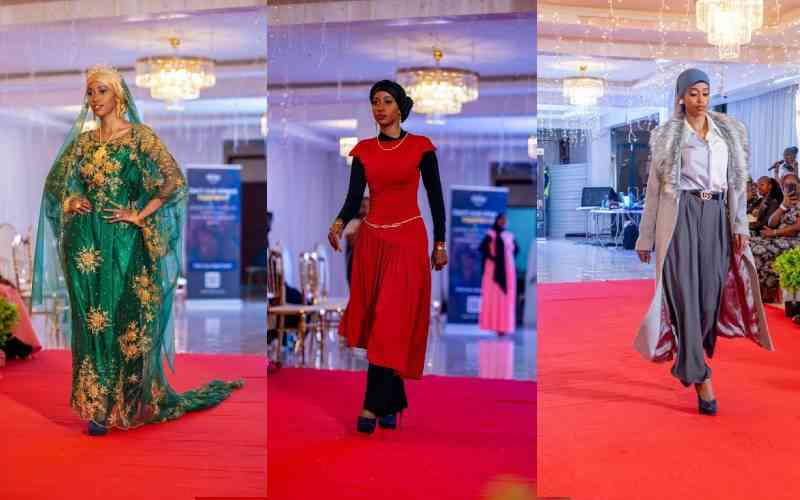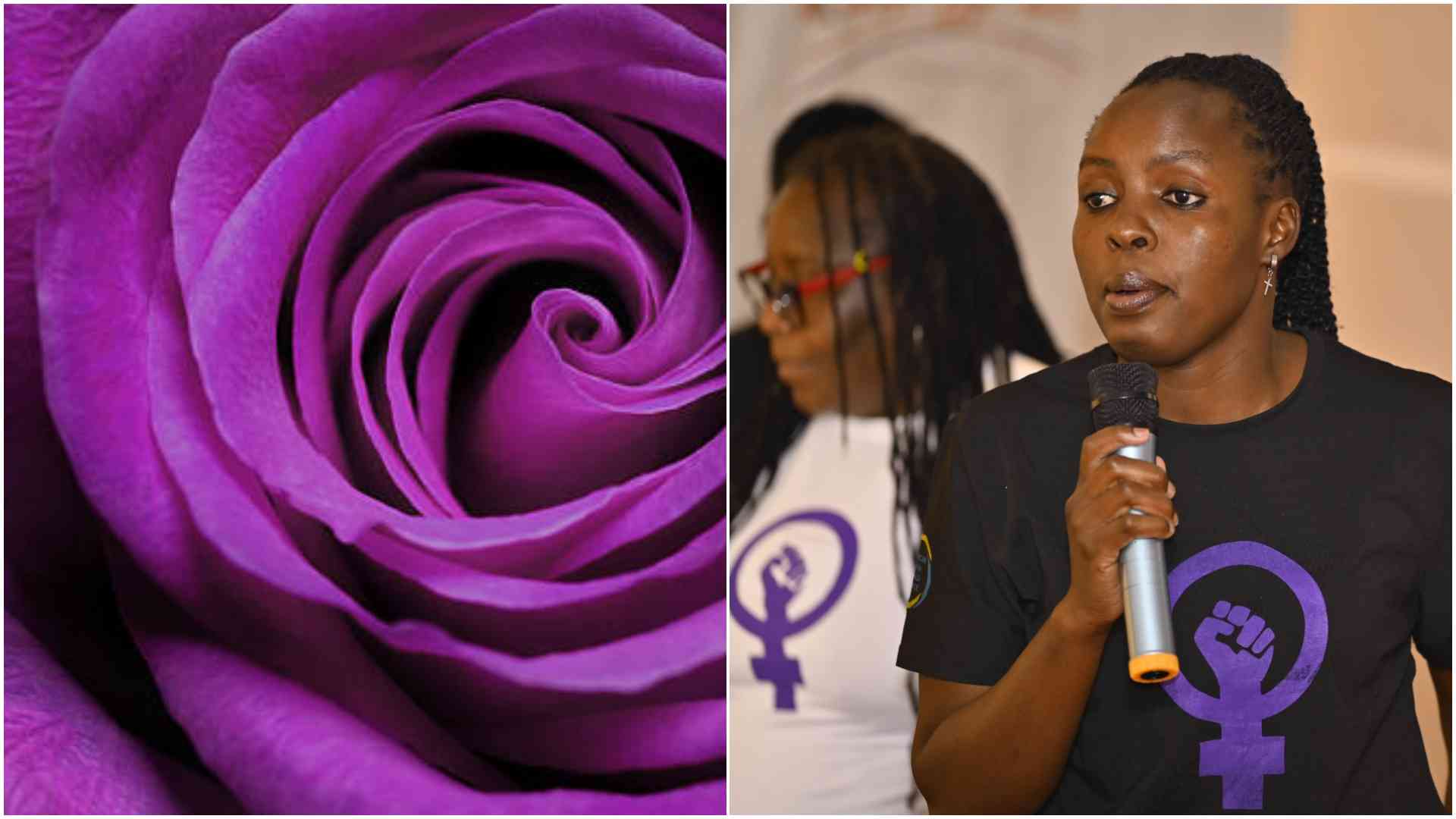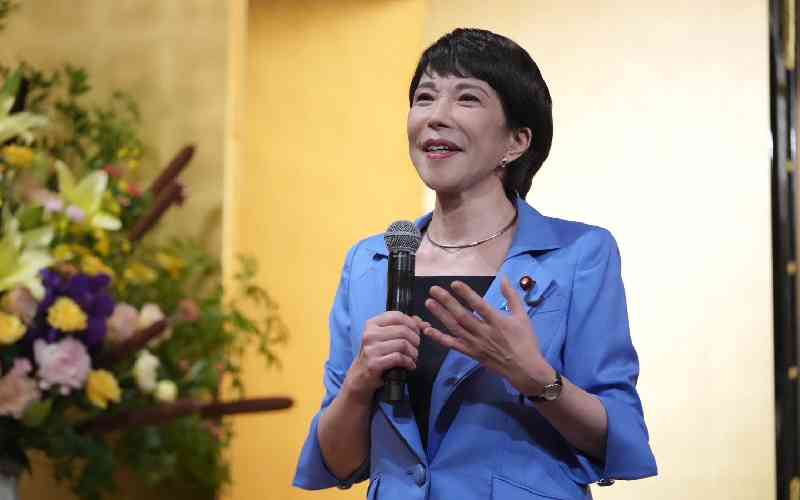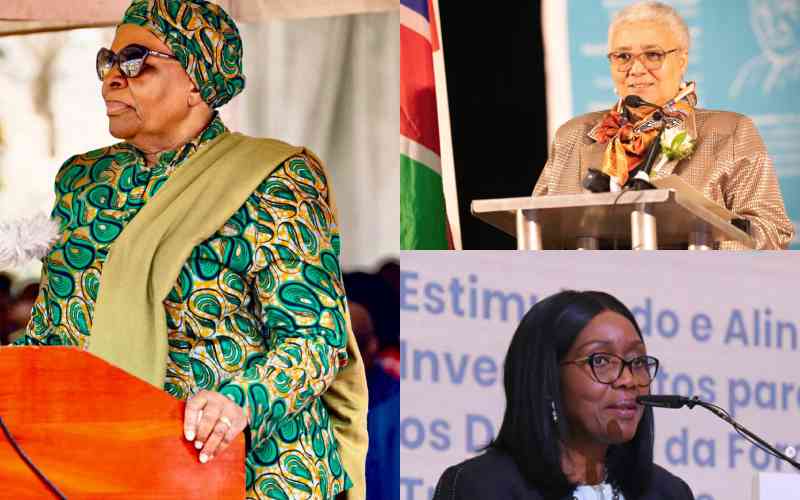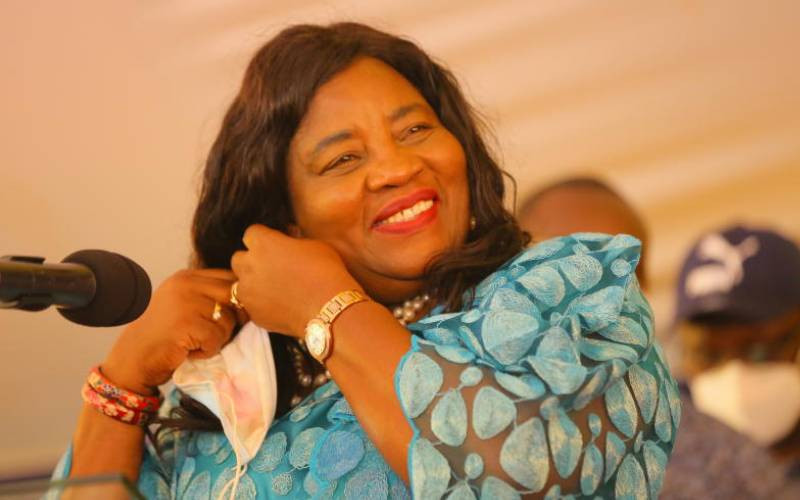
In 2019, something that pulled at the heartstrings of the people who witnessed it happened at Nairobi’s oldest library, the McMillan Memorial Library on Banda Street.
A film called Operation Legacy had just been screened there, after which an old man in the audience stood up to talk about what he had just watched.
The film documents the story of a group of Mau Mau veterans who had sued the British government to reveal the atrocities they had committed against them in Kenya between 1952 and 1960.
Facts First
This story continues on The Standard INSiDER. Subscribe now for unfiltered journalism that holds power to account.
Already have an account? Login
 The Standard Group Plc is a multi-media organization with investments in media
platforms spanning newspaper print
operations, television, radio broadcasting, digital and online services. The
Standard Group is recognized as a
leading multi-media house in Kenya with a key influence in matters of national
and international interest.
The Standard Group Plc is a multi-media organization with investments in media
platforms spanning newspaper print
operations, television, radio broadcasting, digital and online services. The
Standard Group is recognized as a
leading multi-media house in Kenya with a key influence in matters of national
and international interest.




